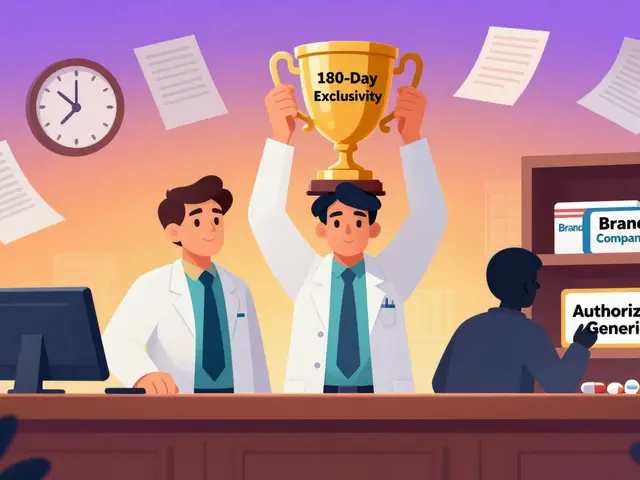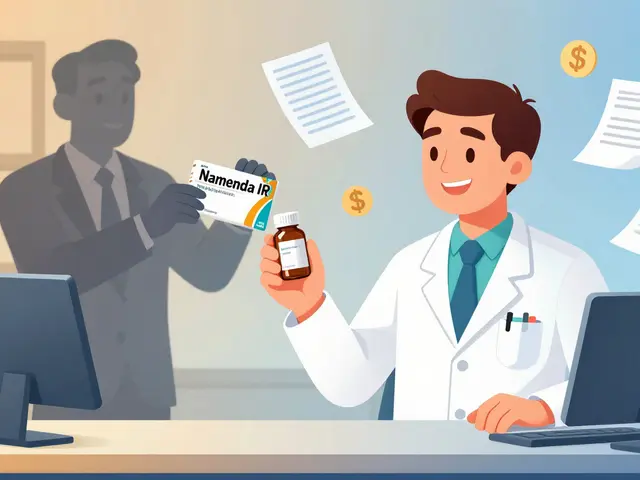Kidney function: what to watch, what to test, and what to do
Your kidneys filter roughly 120–150 liters of blood every day and quietly control waste, fluid balance, and electrolytes. You rarely feel trouble early on, so knowing the right tests and simple habits makes a big difference.
Key tests and what the numbers mean
Start with four common lab checks: serum creatinine, eGFR, BUN, and urine albumin-to-creatinine ratio (ACR). Creatinine is a waste product — higher levels usually mean lower kidney function, but muscle mass affects it. eGFR estimates how well your kidneys filter: over 90 is normal, 60–89 is mild loss, 30–59 is moderate damage (CKD stage 3), 15–29 is severe (stage 4), and below 15 may need dialysis or transplant planning.
ACR tells if protein is leaking into urine. ACR under 30 mg/g is normal. 30–300 mg/g suggests early kidney damage; over 300 mg/g is more serious. BUN (normal about 7–20 mg/dL) rises with dehydration or reduced kidney clearance but is less specific than eGFR.
How often to test: if you’re healthy with no risk factors, every 1–2 years is fine. If you have diabetes or high blood pressure, check at least yearly. If eGFR is 30–59, expect testing every 3–6 months; for eGFR 15–29, every 1–3 months. Follow your clinician’s plan.
Warning signs, meds to watch, and everyday steps
Warning signs that need prompt attention: big drops in urine output, sudden swelling in legs or face, breathlessness, severe fatigue, or confusion. Don’t ignore dark urine or foamy urine — they can point to protein loss.
Some medicines can hurt kidneys. Avoid regular use of NSAIDs like ibuprofen or naproxen if you have reduced kidney function. Tell your doctor about antibiotics such as aminoglycosides, certain antivirals, intravenous contrast for scans, or herbal supplements — they may need dose changes or alternatives. Also: don’t stop blood pressure meds (ACE inhibitors or ARBs) on your own — they can raise creatinine slightly but often protect kidneys long term; discuss any changes with your clinician.
Simple daily habits help. Keep blood pressure and blood sugar under control. Cut back on salt, aim for a balanced protein intake (especially if you already have CKD), and stay hydrated but avoid overdoing fluids if your doctor limits them. Quit smoking, move regularly, and maintain a healthy weight. If you’re on blood thinners or other chronic meds, get periodic kidney checks so doses stay safe.
Worried about a condition mentioned on this page? Read related posts like “Amiloride: A Cornerstone in Gitelman Syndrome Management,” “Coumadin (Warfarin): Uses, Side Effects, Dosage, and Life Tips,” or “Calan (Verapamil): Uses, Side Effects, and Tips for Safe Use in Australia” for more context on meds and kidney impacts.
If you have risk factors—diabetes, high blood pressure, heart disease, a family history of kidney failure, or regular use of potentially harmful drugs—book a test and talk to your doctor. Early detection gives you real options to slow or stop damage.



